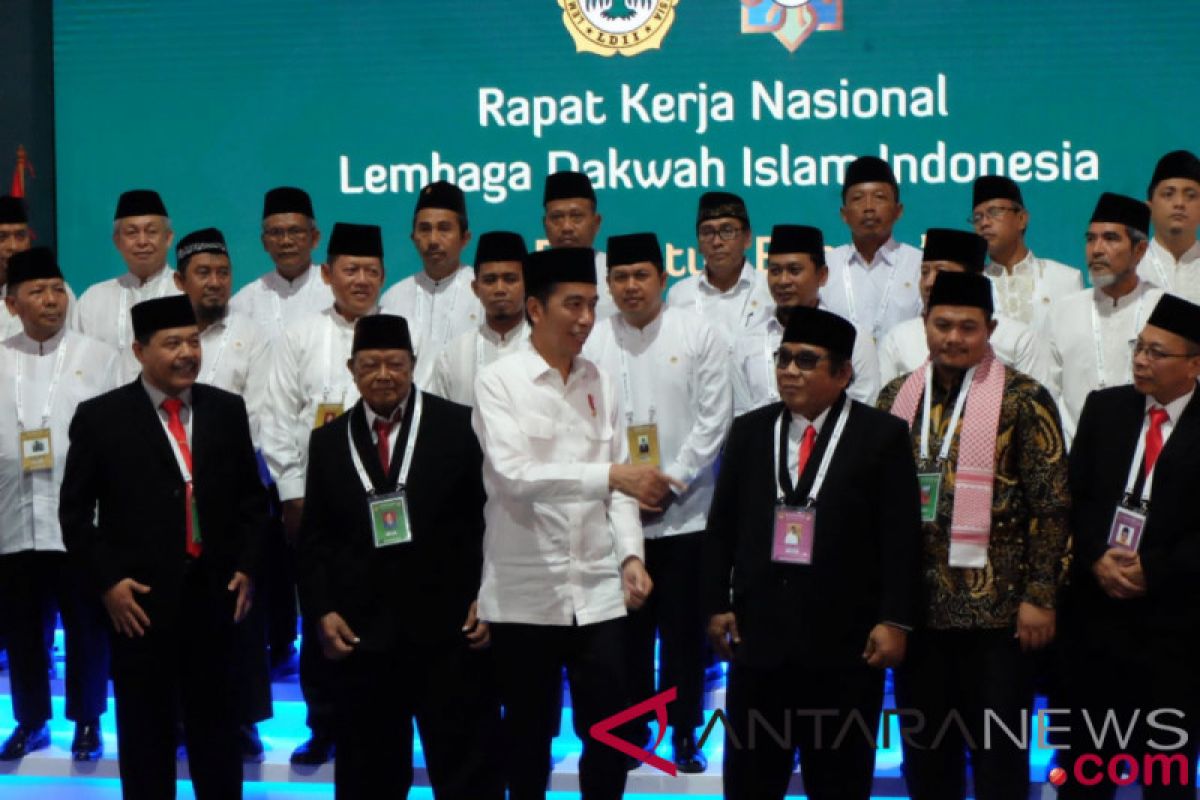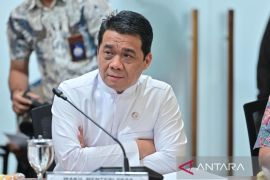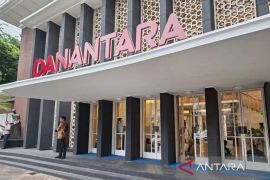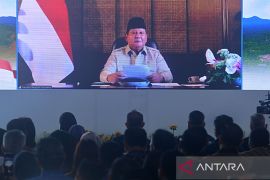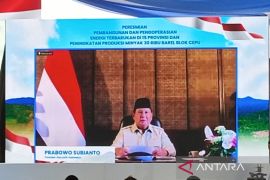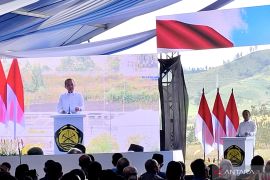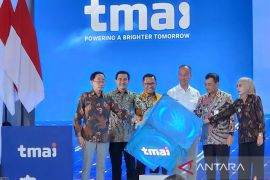"I was told by the LDII General Chairman (Prof. DR. Ir. KH. Abdullah Syam, M.Sc.) that the Islamic Boarding Schools or Pondok Pesantren belonging to the LDII in Kediri District, East Java, have used renewable energy by using solar panels. Other Pondok Pesantrens have not started yet, and this is the first," the president stated, while opening of the LDII National Working Meeting at Minhajurrosyiddin Islamic Boarding School in East Jakarta, on Wednesday.
The head of state noted that LDII has a concern over the renewable energy in the form of micro-hydro power plants that could produce electricity. The technology is (already) applied (by LDII) in the processing of a tea factory in East Java and is said to be able to save production costs by half.
"LDII has also applied the micro-hydro technology in several locations. I think this is done in order to develop Indonesia," he remarked.
In addition, Jokowi revealed that every party must continue to pay attention to the development of technology, especially at this time when the development of the fourth industrial revolution is in sight.
"We have to face and anticipate this kind of development. It has not been calculated if the developments would have result in benefit or harm. Companies certainly think about the benefit, but our citizens (think whether it) would provide benefits or not. We have to be careful," he remarked.
The president also hoped that the LDII National Working Meeting will be able to provide insight to the government regarding recommendations on the steps that must be taken by the government in addressing and implementing this fourth industrial revolution.
"I hope that this National Working Meeting can provide recommendations to the government on what we need to do, plan, and work for Indonesia`s progress because the challenge is not easy," he pointed out.
Eight other commissions are part of the National Working Meeting, with one of them being the Renewable Energy Commission. In addition, there is the National Insight Commission, the Religious Commission and the Sharia Economic Commission, the Education Commission, the Food and Environment Commission, the Health Commission, and the Information Technology Commission.
Previously, LDII deployed its members to help the earthquake- and tsunami-affected victims in Central Sulawesi and its surroundings.
"We sent our volunteers from the provinces of Kalimantan, Jakarta, and South Sulawesi (to help the victims)," LDII Chairman Iskandar Siregar remarked during his visit to the Antara editorial office in Jakarta on Friday.
According to him, LDII`s volunteers are from across various backgrounds and comprise doctors, health workers and technological experts.
In addition, LDII also sent medicines, basic necessities and other important needs that could be used by the disaster victims in Central Sulawesi. Siregar added that people in Central Sulawesi are currently facing difficulty in getting clean water.
This problem must be overcome as soon as possible, he added.
An earthquake measuring 7.7 on the Richter scale, which was updated by BMKG to 7.4 on the scale, shook Palu and Donggala regions on Friday (Sept 28) at 05.02 p.m. local time.
Reporting by Anom Prihantoro
Editing by Bustanuddin
Reporter: Antara
Editor: Andi Abdussalam
Copyright © ANTARA 2018
